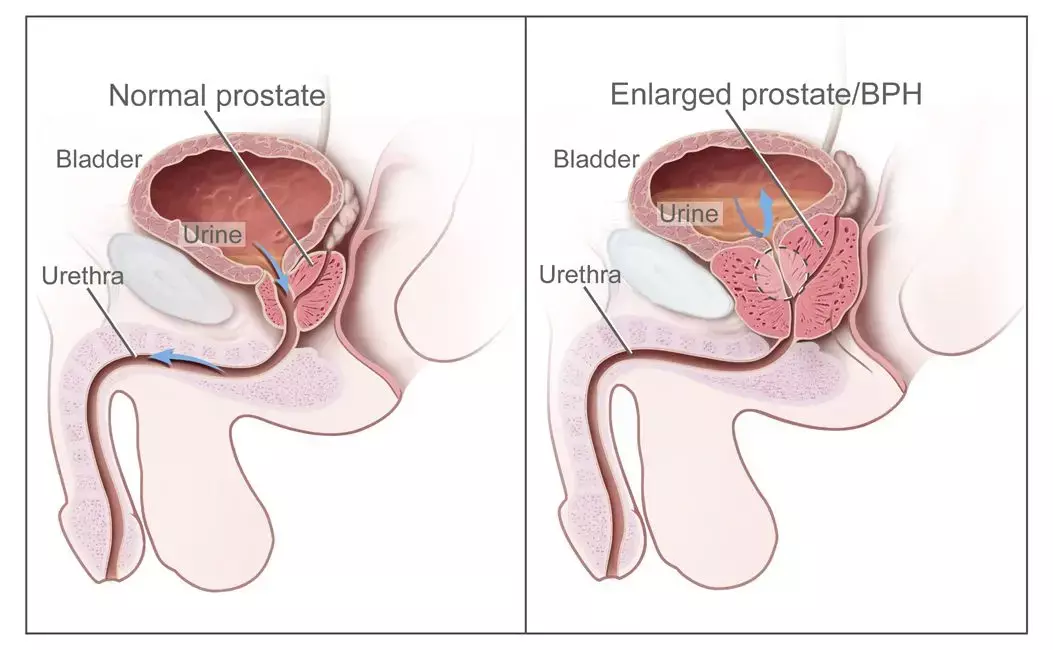- Home
- Medical news & Guidelines
- Anesthesiology
- Cardiology and CTVS
- Critical Care
- Dentistry
- Dermatology
- Diabetes and Endocrinology
- ENT
- Gastroenterology
- Medicine
- Nephrology
- Neurology
- Obstretics-Gynaecology
- Oncology
- Ophthalmology
- Orthopaedics
- Pediatrics-Neonatology
- Psychiatry
- Pulmonology
- Radiology
- Surgery
- Urology
- Laboratory Medicine
- Diet
- Nursing
- Paramedical
- Physiotherapy
- Health news
- Fact Check
- Bone Health Fact Check
- Brain Health Fact Check
- Cancer Related Fact Check
- Child Care Fact Check
- Dental and oral health fact check
- Diabetes and metabolic health fact check
- Diet and Nutrition Fact Check
- Eye and ENT Care Fact Check
- Fitness fact check
- Gut health fact check
- Heart health fact check
- Kidney health fact check
- Medical education fact check
- Men's health fact check
- Respiratory fact check
- Skin and hair care fact check
- Vaccine and Immunization fact check
- Women's health fact check
- AYUSH
- State News
- Andaman and Nicobar Islands
- Andhra Pradesh
- Arunachal Pradesh
- Assam
- Bihar
- Chandigarh
- Chattisgarh
- Dadra and Nagar Haveli
- Daman and Diu
- Delhi
- Goa
- Gujarat
- Haryana
- Himachal Pradesh
- Jammu & Kashmir
- Jharkhand
- Karnataka
- Kerala
- Ladakh
- Lakshadweep
- Madhya Pradesh
- Maharashtra
- Manipur
- Meghalaya
- Mizoram
- Nagaland
- Odisha
- Puducherry
- Punjab
- Rajasthan
- Sikkim
- Tamil Nadu
- Telangana
- Tripura
- Uttar Pradesh
- Uttrakhand
- West Bengal
- Medical Education
- Industry
Prostate-specific antigen-based prostate cancer screening reduces metastasis and mortality

Prostate-specific antigen-based prostate cancer screening reduces metastasis and mortality suggests a new study published in the European Urology
Considering the long natural history of prostate cancer (PCa), long-term results of the European Randomised Study of Screening for PCa (ERSPC) are crucial.
A study was done to provide an update on the effect of prostate-specific antigen (PSA)-based screening on PCa-specific mortality (PCSM), metastatic disease, and overdiagnosis in the Dutch arm of the ERSPC.
Design, setting, and participants
Between 1993 and 2000, a total of 42 376 men, aged 55–74 yr, were randomised to a screening or a control arm. The main analysis was performed with men aged 55–69 yr (n = 34 831). Men in the screening arm were offered PSA-based screening with an interval of 4 yr. Intention-to-screen analyses with Poisson regression were used to calculate rate ratios (RRs) of PCSM and metastatic PCa.
Results
After a median follow-up of 21 yr, the RR of PCSM was 0.73 favouring screening.
The numbers of men needed to invite (NNI) and needed to diagnose (NND) to prevent one PCa death were 246 and 14, respectively.
For metastatic PCa, the RR was 0.67 favouring screening. The NNI and NND to prevent one metastasis were 121 and 7, respectively.
No statistical difference in PCSM was observed in men aged ≥70 yr at the time of randomisation.
In the screening arm, higher rates of PCSM and metastatic disease were observed in men who were screened only once and in a selected group of men above the screening age cut-off of 74 yr.
The current analysis illustrates that with a follow-up of 21 yr, both absolute metastasis and mortality reduction continue to increase, resulting in a more favourable harm-benefit ratio than demonstrated previously. These data do not support starting screening at the age of 70–74 yr and show that repeated screening is essential. Prostate-specific antigen–based prostate cancer screening reduces metastasis and mortality. Longer follow-up shows fewer invitations and diagnoses needed to prevent one death, a positive note towards the issue of overdiagnosis.
Reference:
Ivo I. de Vos, Annick Meertens, Renée Hogenhout, Sebastiaan Remmers, Monique J. Roobol. A Detailed Evaluation of the Effect of Prostate-specific Antigen–based Screening on Morbidity and Mortality of Prostate Cancer: 21-year Follow-up Results of the Rotterdam Section of the European Randomised Study of Screening for Prostate Cancer, European Urology, 2023, ISSN 0302-2838. https://doi.org/10.1016/j.eururo.2023.03.016. (https://www.sciencedirect.com/science/article/pii/S0302283823026696)
Dr. Shravani Dali has completed her BDS from Pravara institute of medical sciences, loni. Following which she extensively worked in the healthcare sector for 2+ years. She has been actively involved in writing blogs in field of health and wellness. Currently she is pursuing her Masters of public health-health administration from Tata institute of social sciences. She can be contacted at editorial@medicaldialogues.in.
Dr Kamal Kant Kohli-MBBS, DTCD- a chest specialist with more than 30 years of practice and a flair for writing clinical articles, Dr Kamal Kant Kohli joined Medical Dialogues as a Chief Editor of Medical News. Besides writing articles, as an editor, he proofreads and verifies all the medical content published on Medical Dialogues including those coming from journals, studies,medical conferences,guidelines etc. Email: drkohli@medicaldialogues.in. Contact no. 011-43720751


